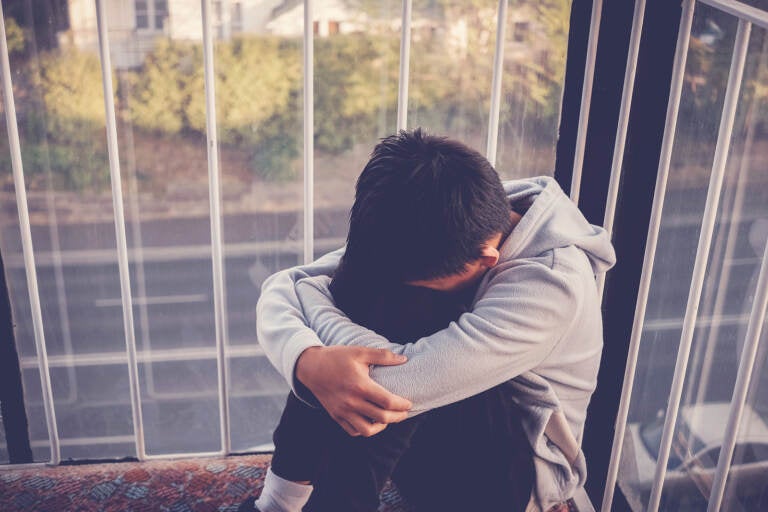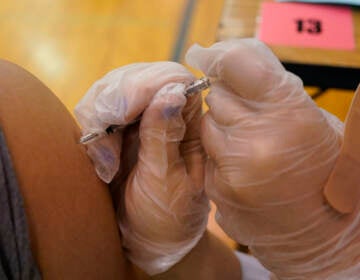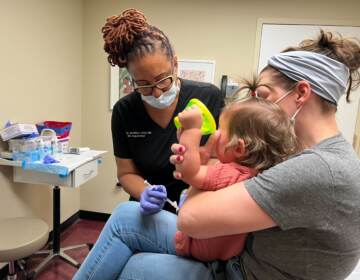N.J. coronavirus update: Resources offered for young people dealing with mental health challenges
Noting an increase in children dealing with anxiety and depression, N.J. launched a new corner of its COVID-19 website dedicated to resources for young people.

Noting an increase in children dealing with anxiety and depression, N.J. launched a new corner of its COVID-19 website dedicated to resources for young people. (sewcream/BigStock)
Ask us about COVID-19: What questions do you have about the coronavirus and vaccines?
New Jersey officials said they have seen an increase in children dealing with anxiety and depression, which they attribute to the isolation of remote learning and now, readjusting to in-person learning.
To help young people to better cope with these stresses, the state has launched a new corner of its COVID-19 website dedicated to mental health resources for kids, teenagers, and young adults, as well as parents and educators.
“Let’s start with a simple truth: it is OK to not be OK,” said Gov. Phil Murphy during his bi-weekly coronavirus briefing Wednesday. He added that while the virus itself is a threat to physical health, the pandemic has also impacted mental health overall. For kids, he said it is “particularly jarring.”
Getting back to a new normal routine “isn’t necessarily quick or easy,” said Christine Norbut Beyer, commissioner of the state Department of Children and Families.
“Getting adjusted to something as simple as waking up on time and taking the bus after not having to have done it for a year can be a struggle,” she said.
The resources include information about the state’s helpline 2NDFLOOR, which is geared toward young people ages 10 to 24. Counselors are available by calling or texting 888-222-2228. The Crisis Text Line is also available.
In addition to social anxiety, Beyer added many young people may have lost family members and friends to the coronavirus. She said the Children’s System of Care helpline has seen an uptick in phone calls recently, particularly in the morning, but didn’t have specific reasons for the higher call volume.
“We do know that mornings and dinnertime are typically high activity times in homes,” she said, “So there’s a lot more stress when people are trying to get their kids up and out the door, get on the bus, or as they’re eating breakfast.”

Get daily updates from WHYY News!
WHYY is your source for fact-based, in-depth journalism and information. As a nonprofit organization, we rely on financial support from readers like you. Please give today.




![CoronavirusPandemic_1024x512[1]](https://whyy.org/wp-content/uploads/2020/03/CoronavirusPandemic_1024x5121-300x150.jpg)


